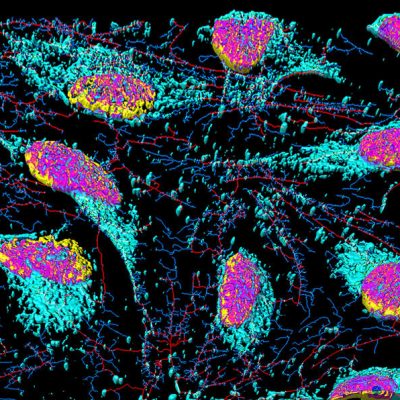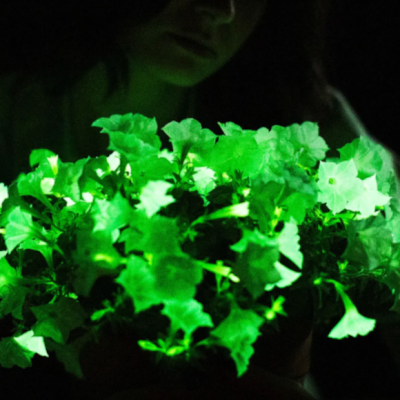A new Covid-19 vaccine made from plants could soon be hitting the market, offering a simpler and more efficient production process than existing mRNA and vector virus vaccines. Developed by scientists at McGill University in collaboration with pharmaceutical companies Medicago and GlaxoSmithKline (GSK), the protein-based vaccine is produced using the Nicotiana benthamiana plant, a tobacco-like plant from Australia. The plant is injected with genes from the SARS-CoV-2 spike glycoprotein using the Agrobacterium tumefaciens bacterium, which then produces the CoVLP vaccine during its growth phase. The vaccine can be easily extracted from the plant’s leaves and is capable of withstanding temperatures between two and eight degrees Celsius without losing its effectiveness.
A Phase-1 study of the virus-like particle vaccine is currently underway, with 180 participants divided into nine groups receiving two doses three weeks apart. The study aims to determine whether the protein-based Covid-19 vaccine requires one or two adjuvants to prepare the immune system for the virus. The vaccine has shown mild to moderate side effects, similar to those of the AstraZeneca vaccine, and has produced high levels of neutralizing antibodies in participants who received two adjuvants. The vaccine’s simple production process and ability to produce large quantities make it a promising addition to the Covid-19 vaccine market.
According to a publication in the journal Nature Medicine, the new vaccine offers several advantages over existing production methods. The use of plants allows for easy and efficient production, while the vaccine’s ability to withstand higher temperatures makes it easier to store and transport. The vaccine’s Phase-1 study results are promising, and further studies will be needed to determine its effectiveness and safety in larger populations.










